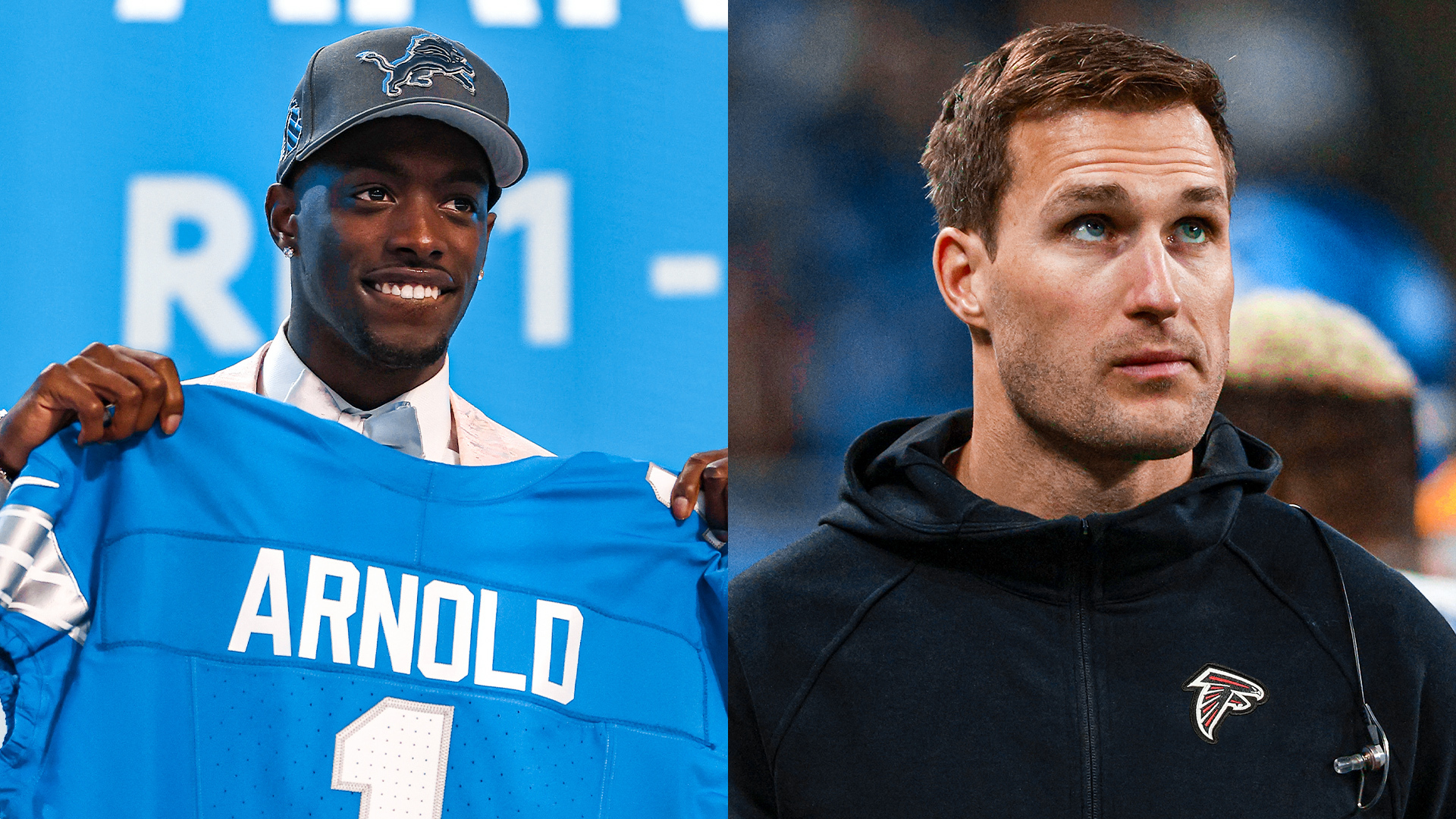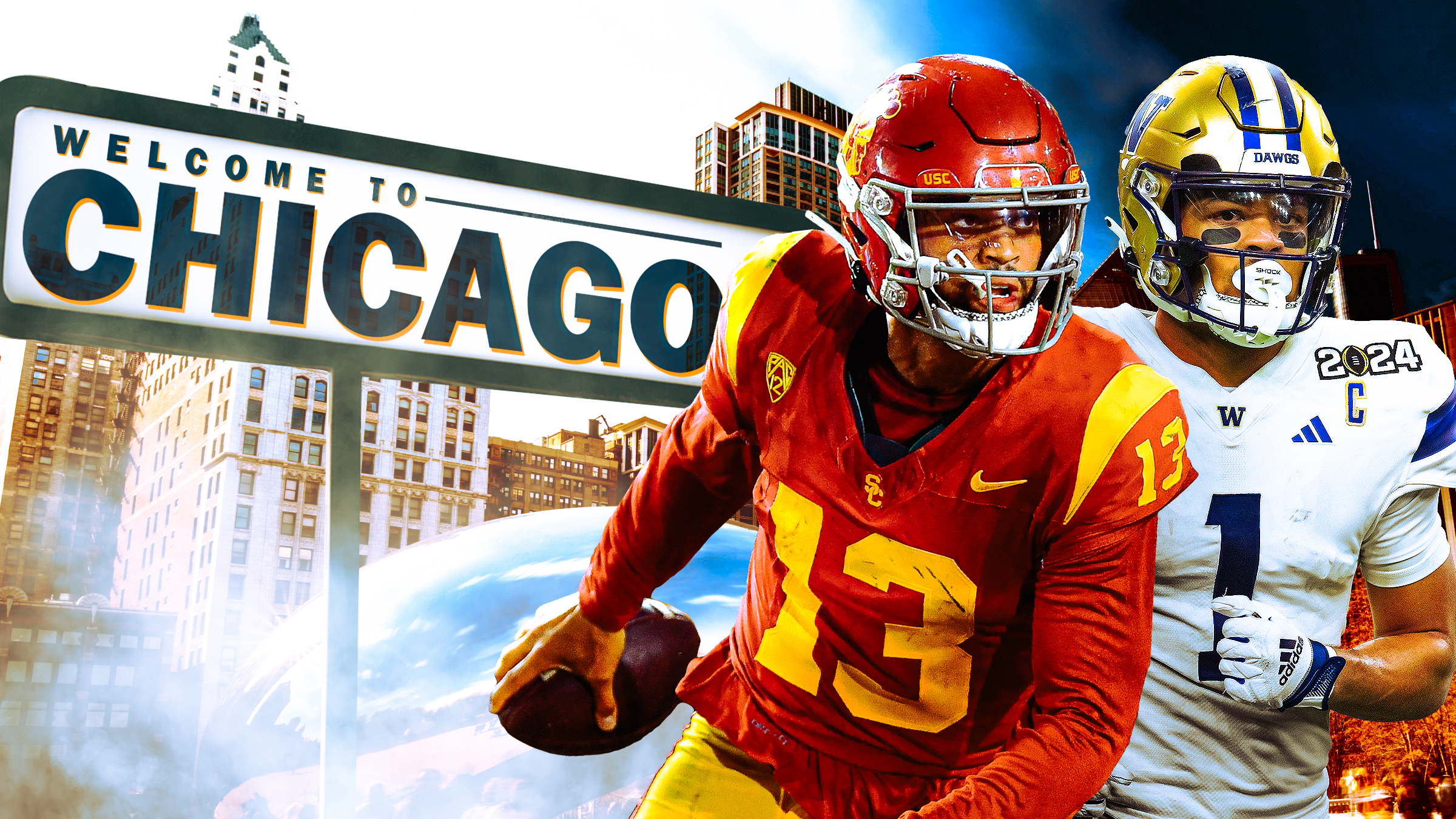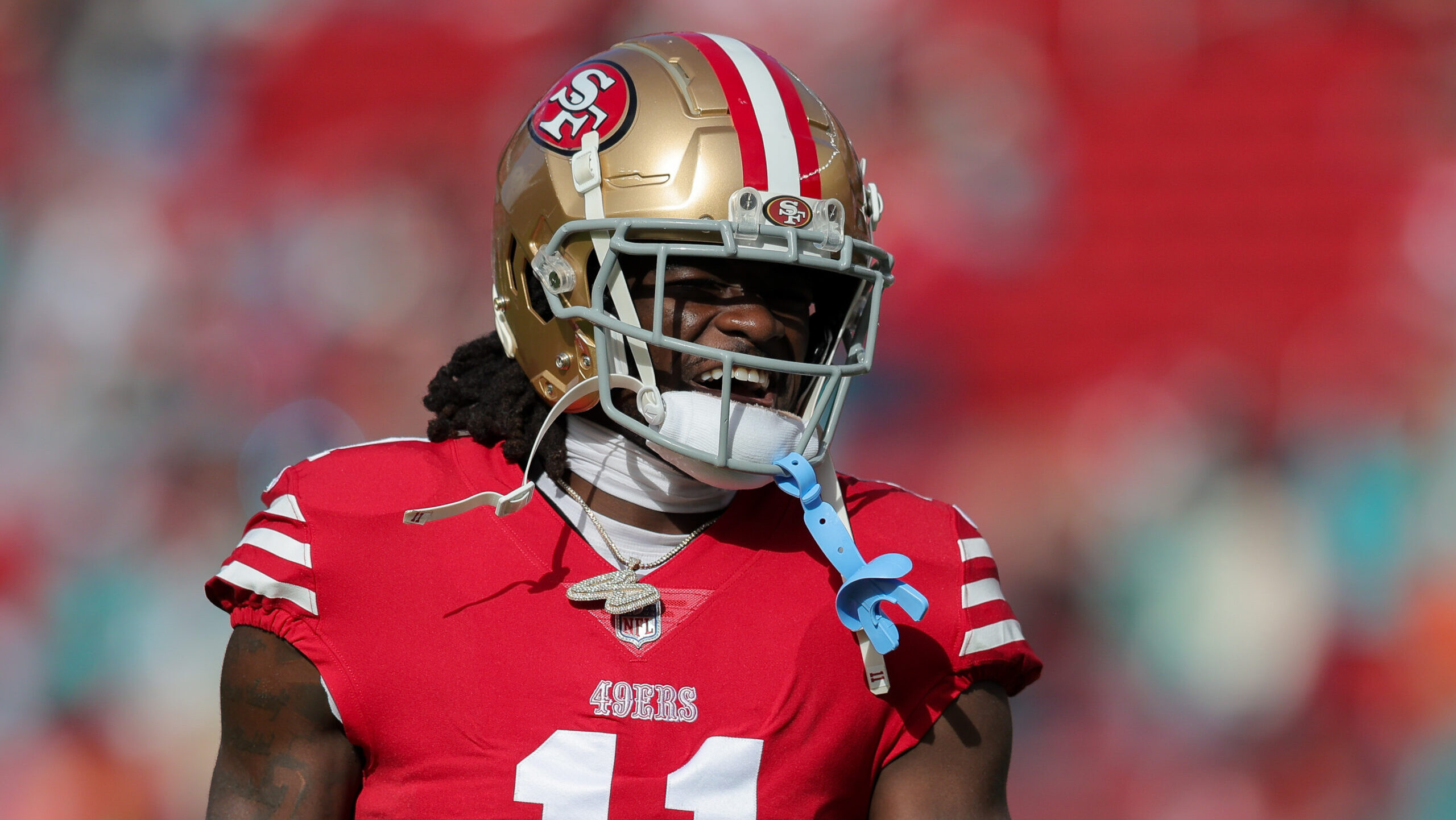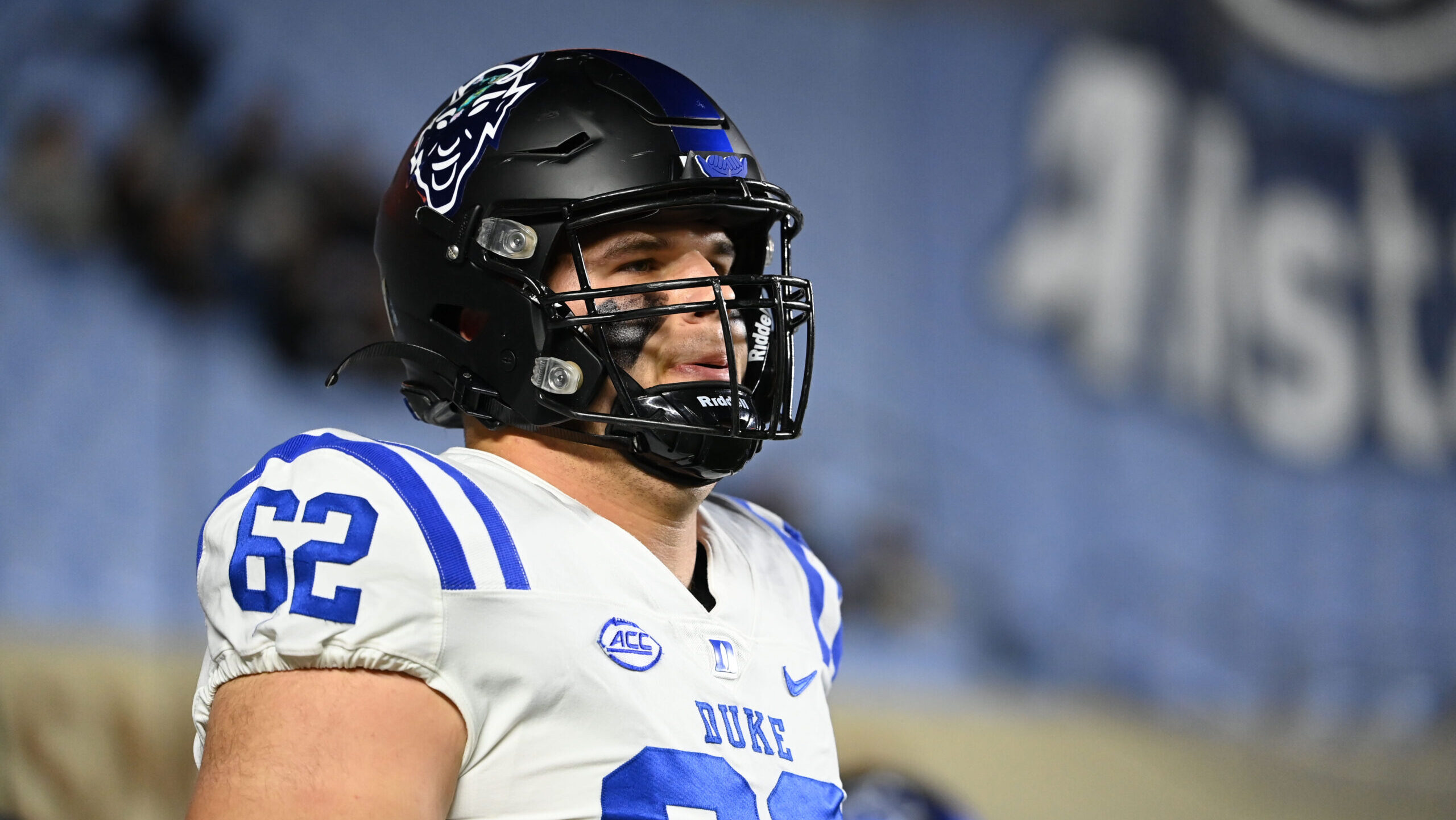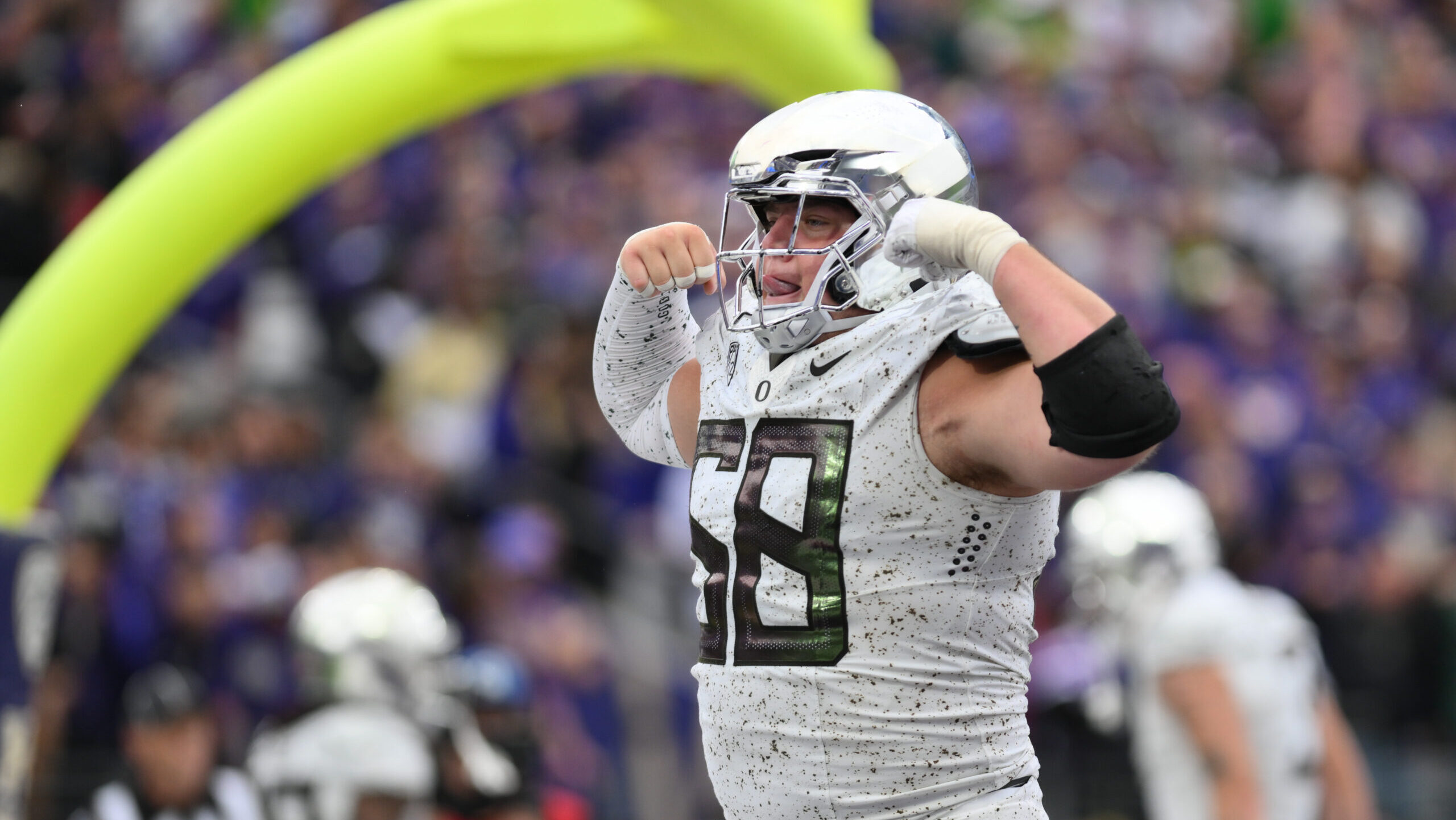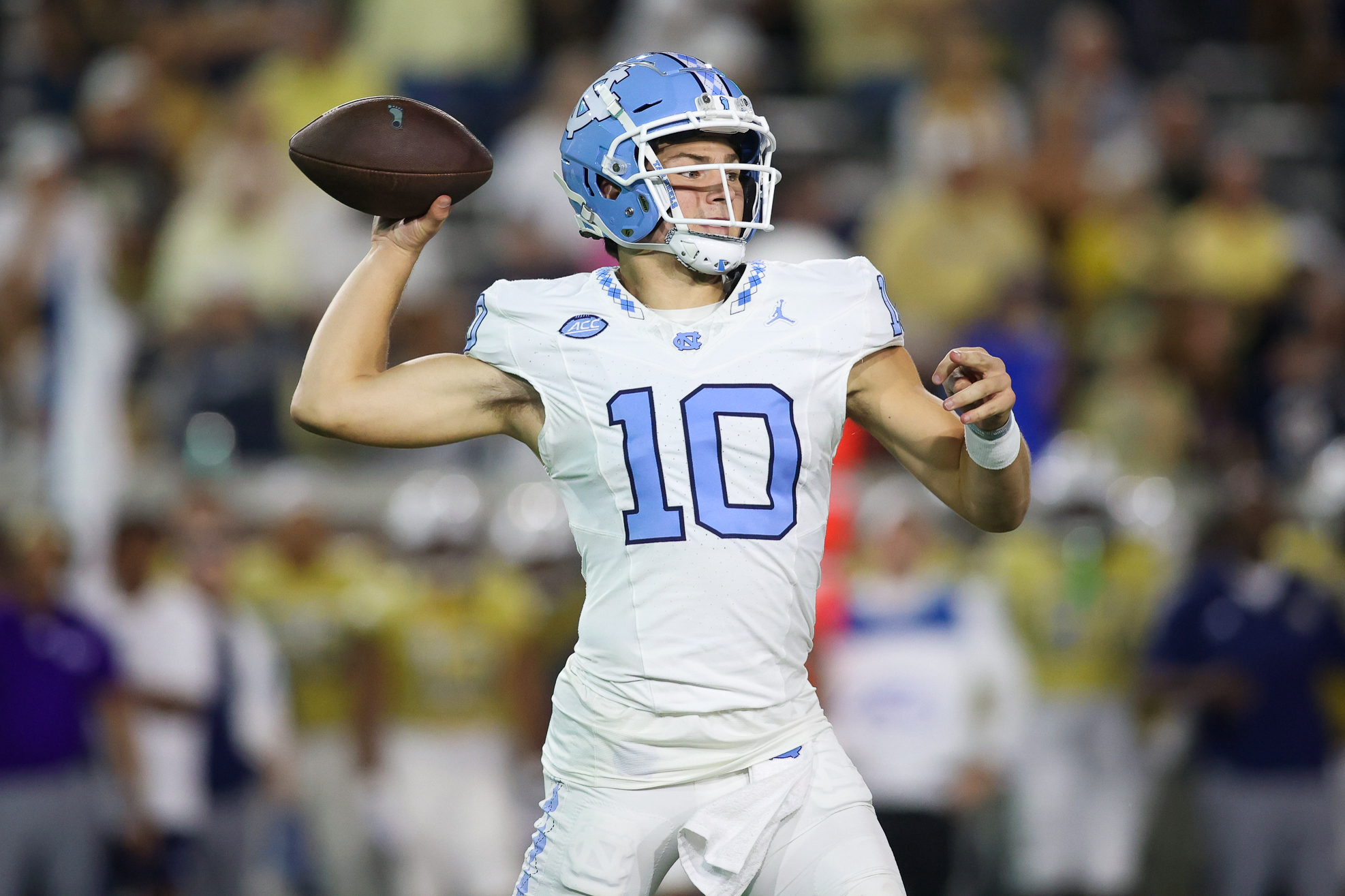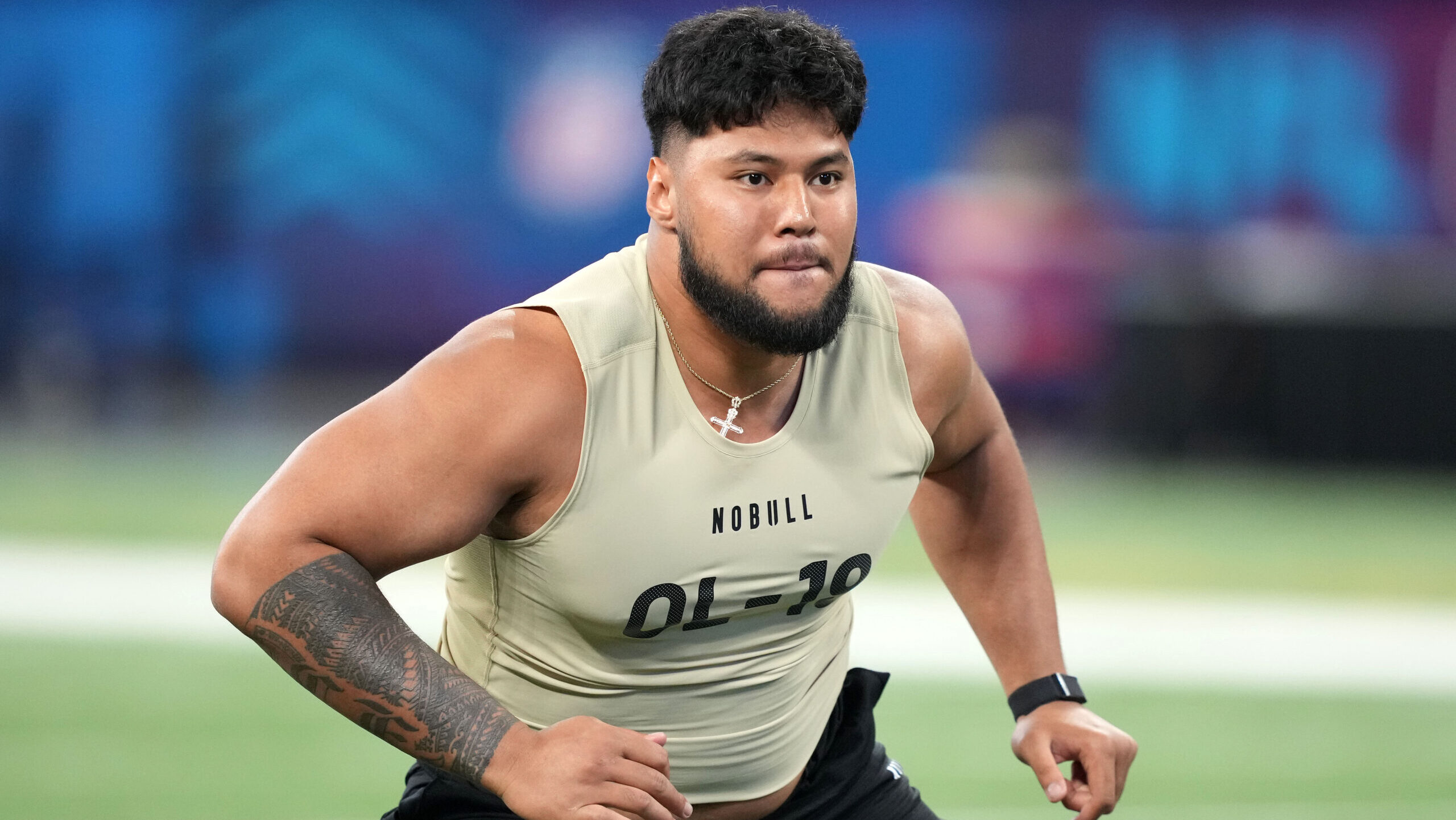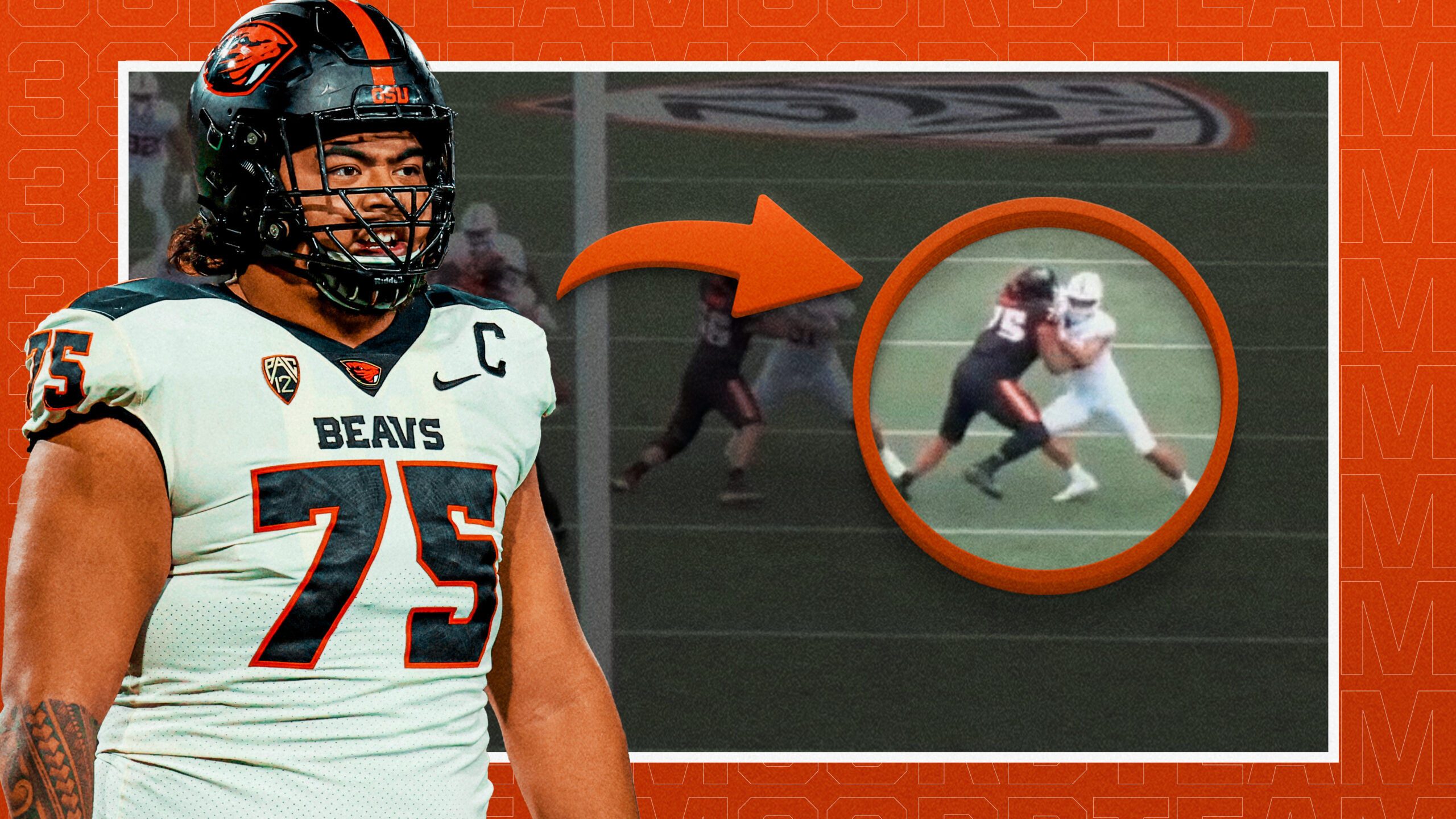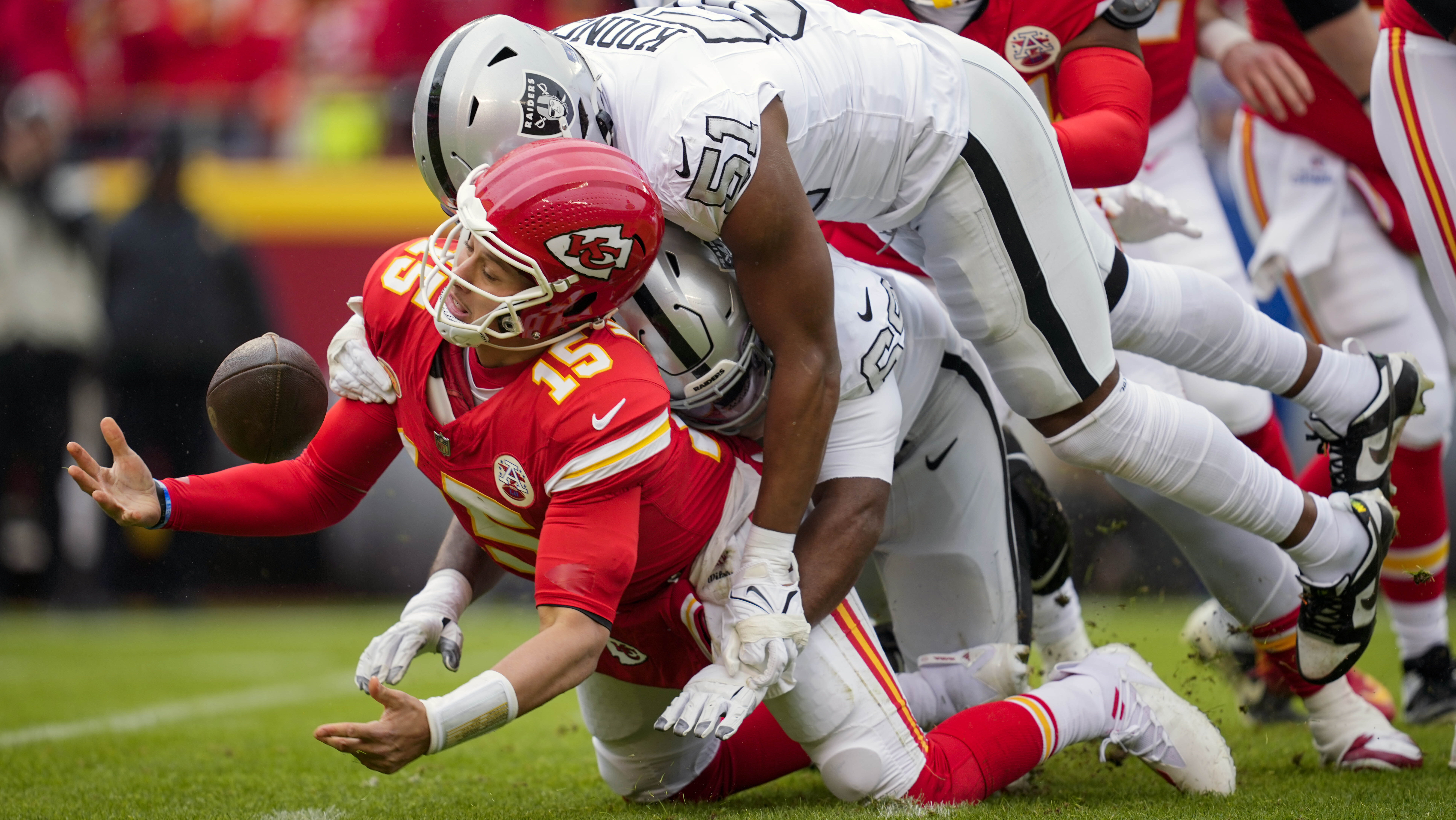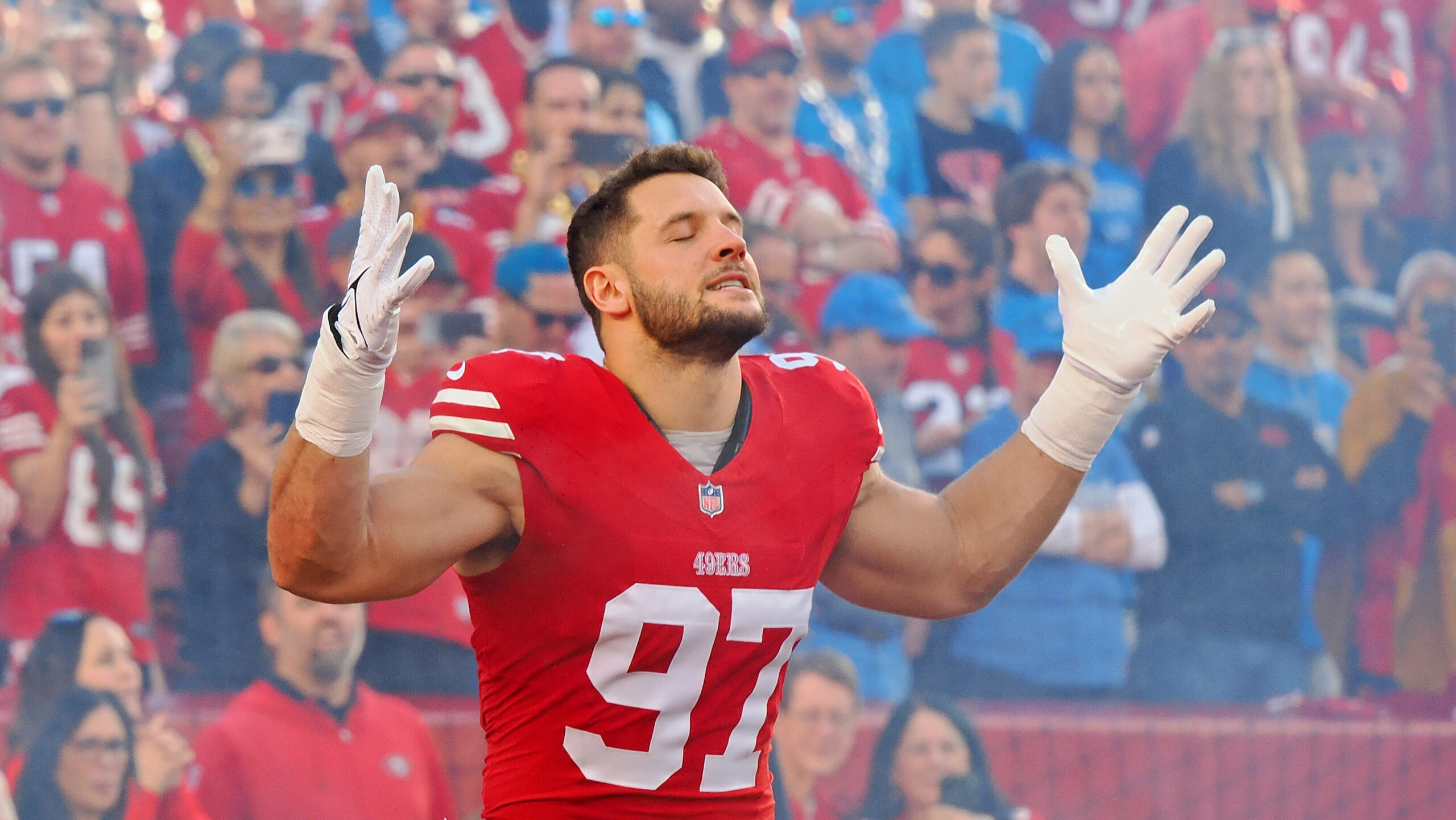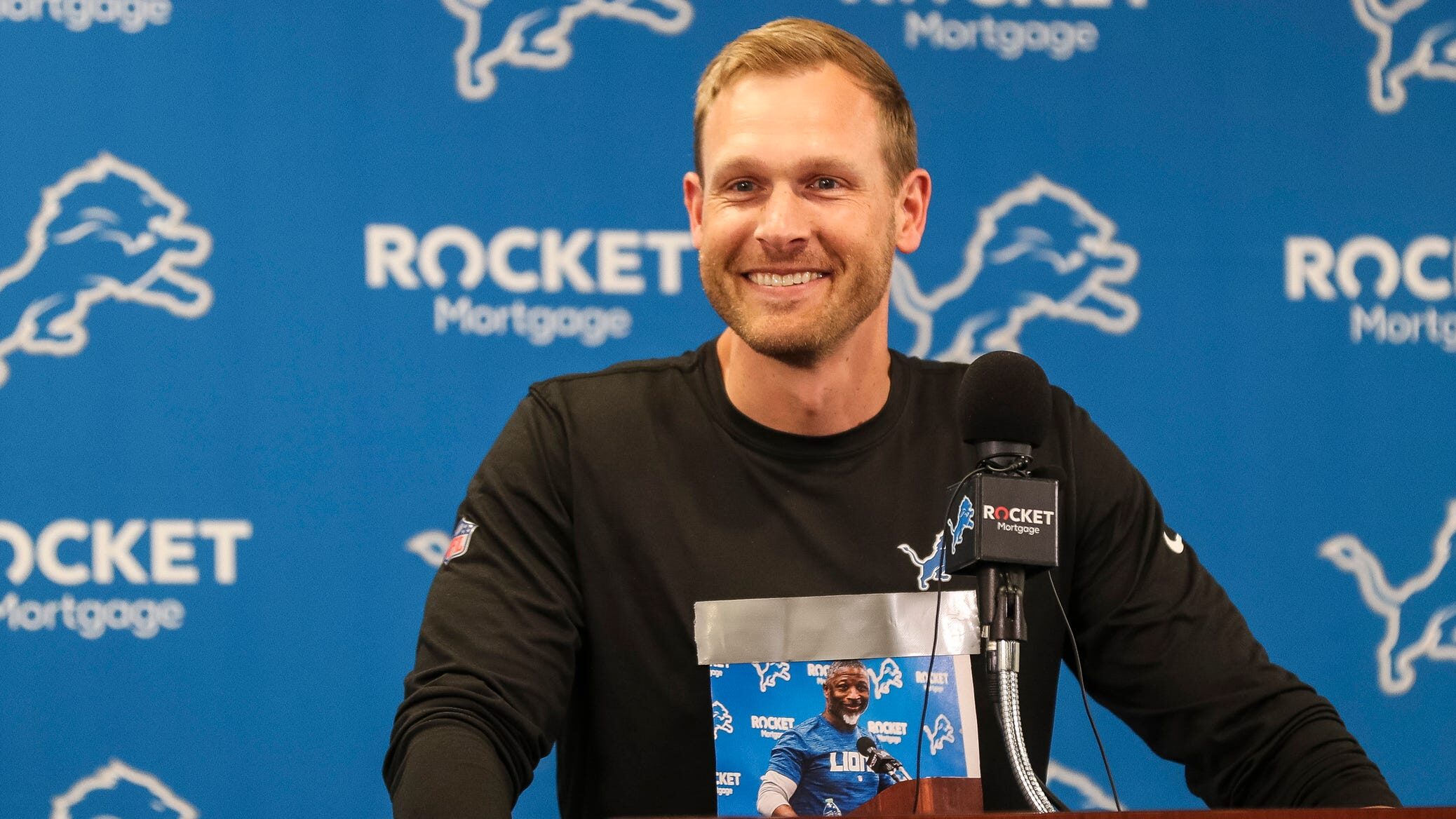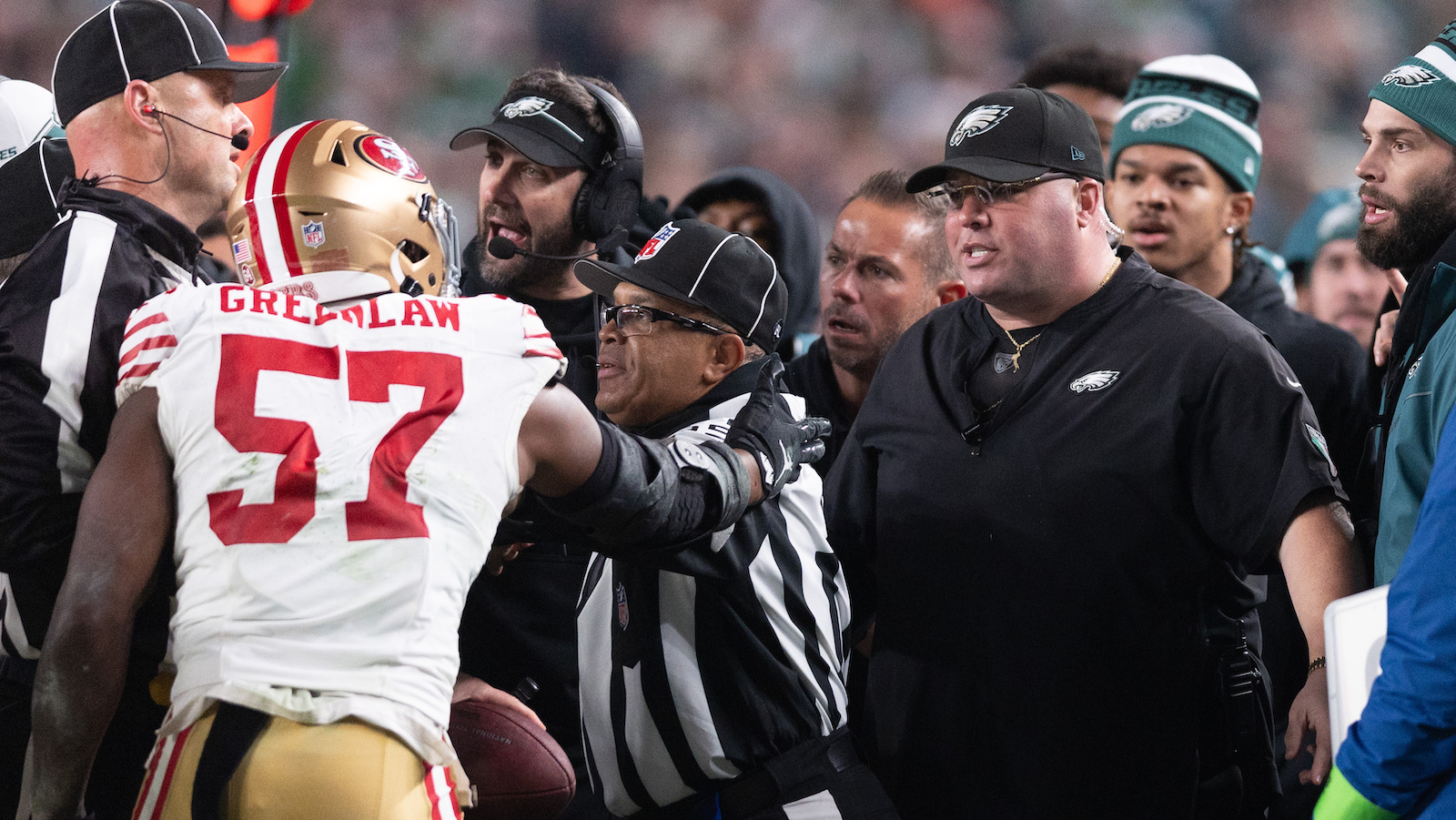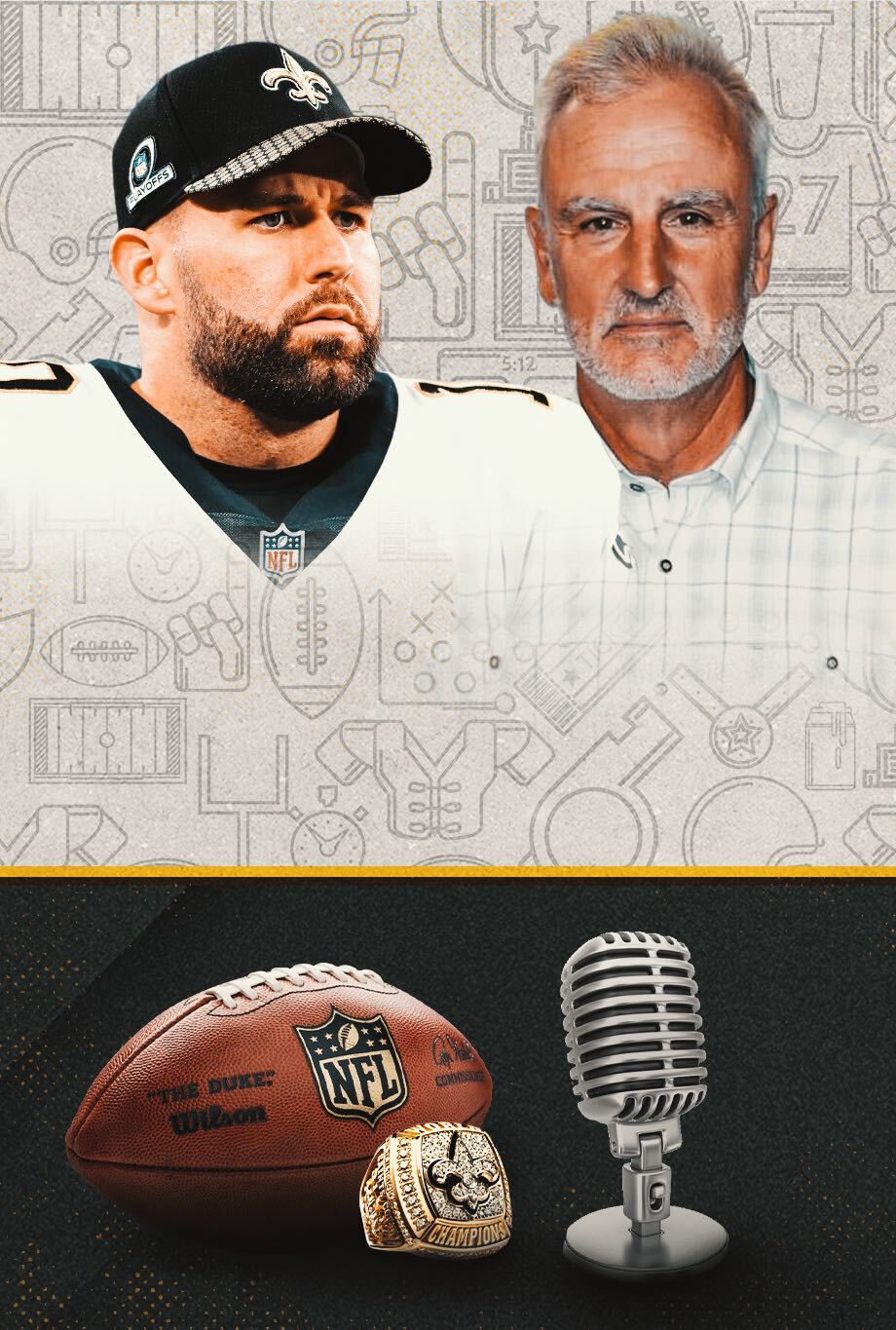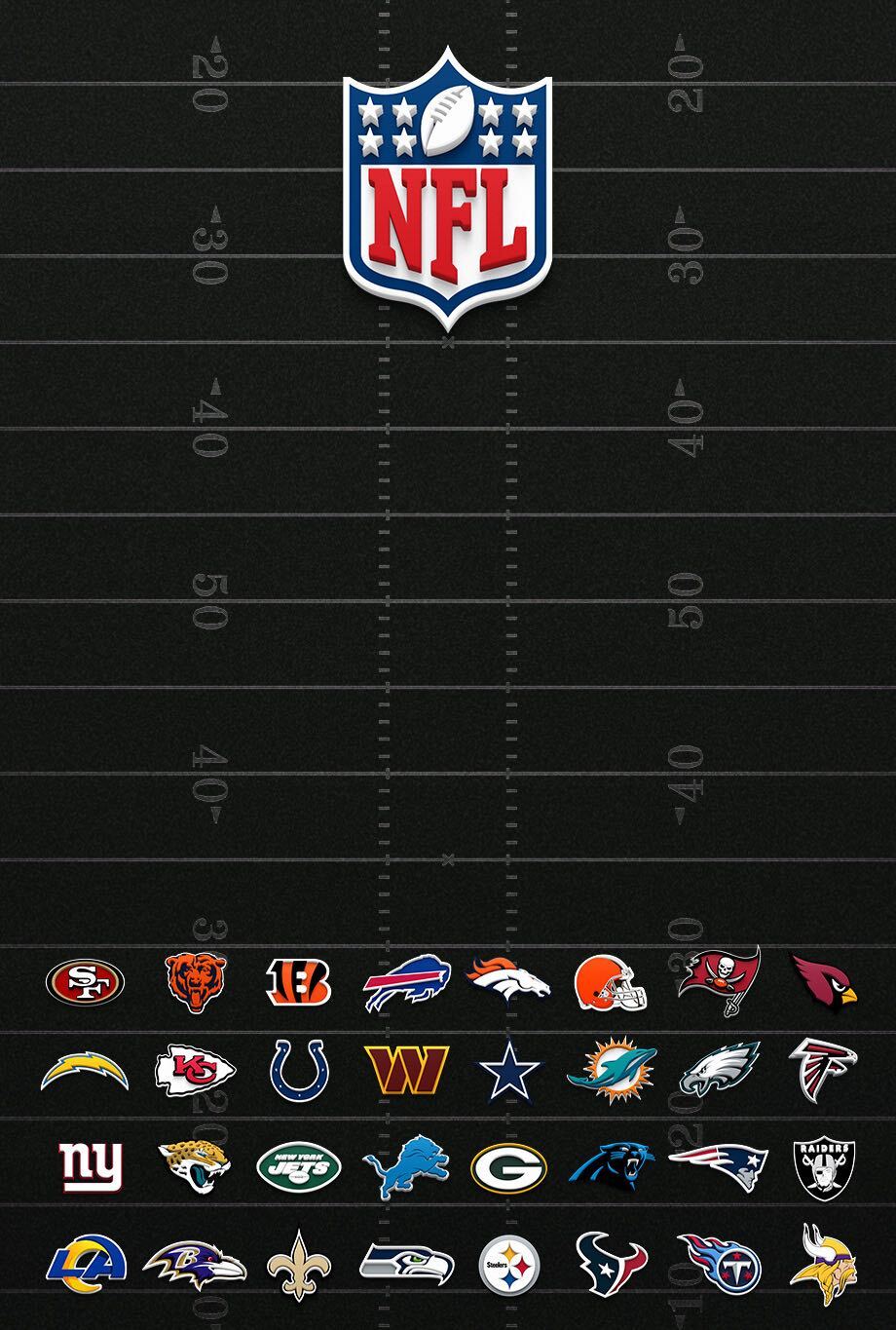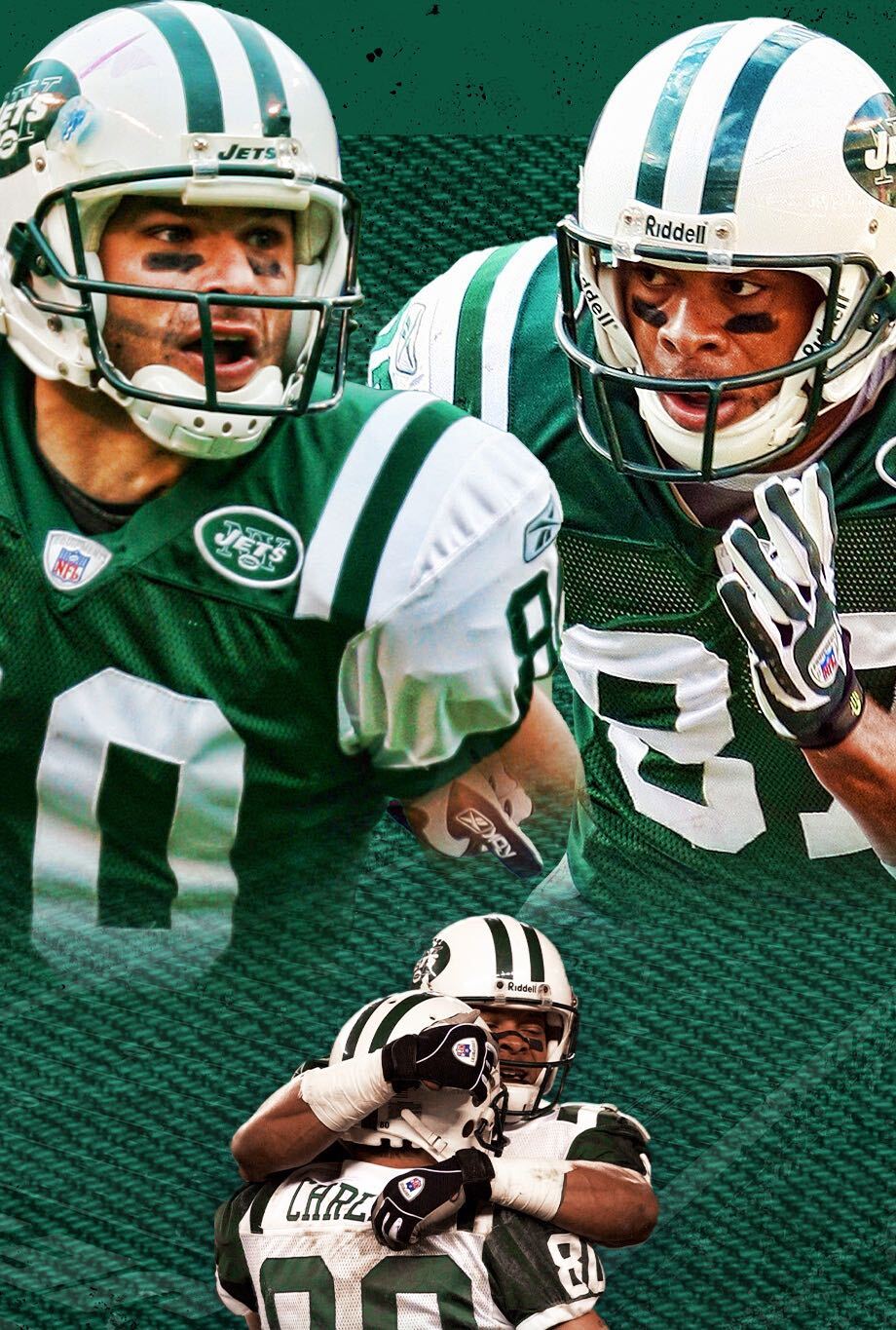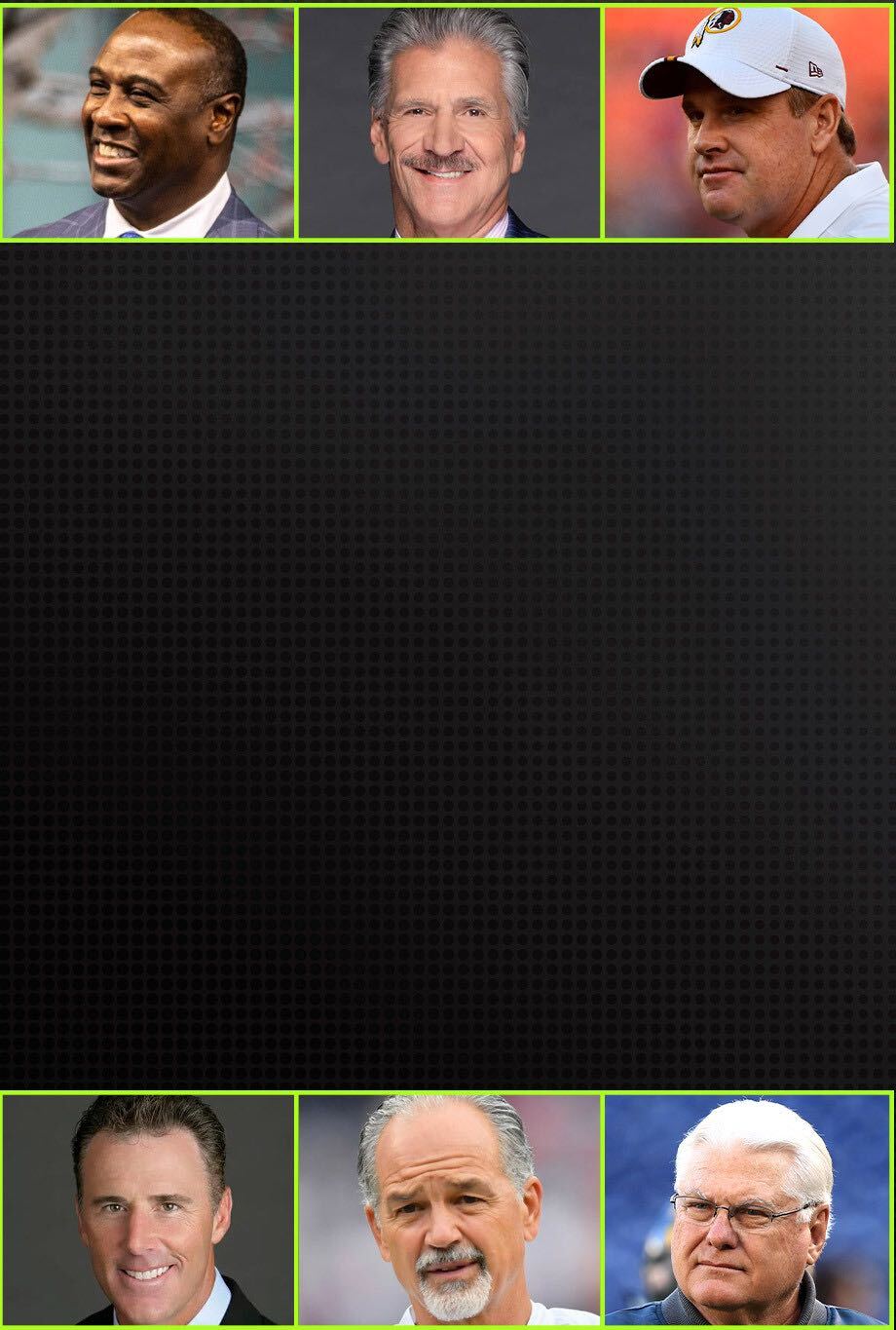Injuries, Guarantee Demands Pushing Lamar Jackson Talks in Wrong Direction
Analysis 1/26/23
I am — and have been — a passionate supporter of Lamar Jackson’s approach to a new contract with the Baltimore Ravens. He’s been patient, turning down a reported $250 million extension prior to the 2022 season, and I strongly believe he was smart to wait. He did nothing I wouldn't have.
Until now.
Now, I don’t see him operating in his best self-interests, and it bothers me. This is a young man who, along with highly qualified advisors, made all the right moves by letting the market come to him. Yet, he was unfairly criticized for a wise business decision. I supported him then and wasn’t afraid to say it.
But now, I’m afraid he’s headed in the wrong direction for two reasons. One is his injury history. Jackson missed a combined 11 games (including the playoffs) the past two seasons, absences that crippled Baltimore’s Super Bowl chances. I know, it happens. But lengthy absences in successive seasons, with questions about his 2022 injury, would concern me if I were signing his next paycheck.
Two, his insistence on a fully-guaranteed contract. A fully guaranteed deal makes sense, right? Not so much. At his age (he turned 26 on Jan. 7) and with his value to the Ravens, it’s not as critical as it sounds. And I’ll explain later.
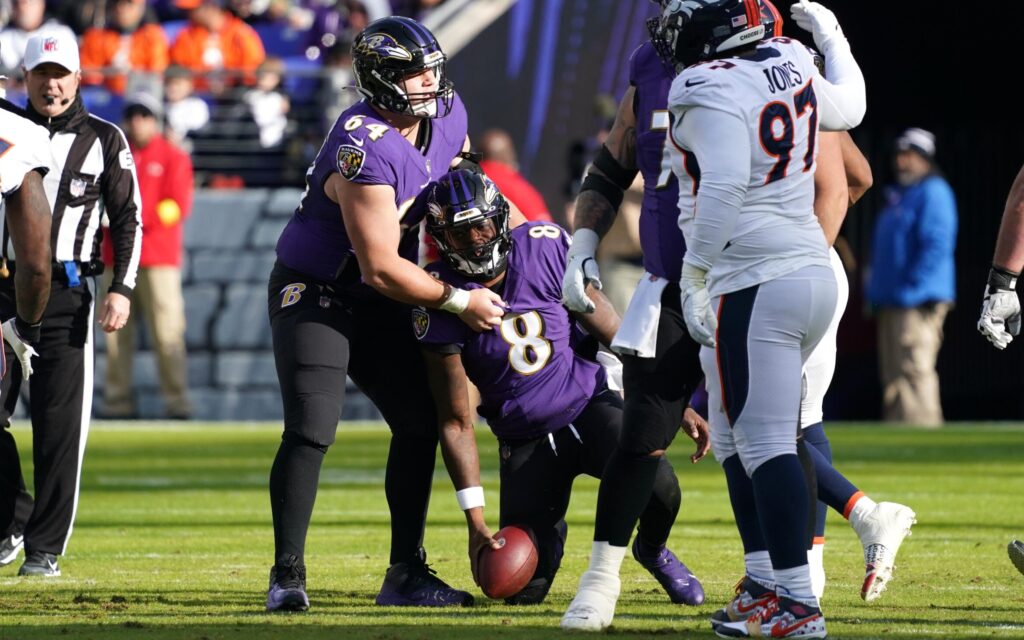
Injuries a Factor
First, let’s return to the past two years. In 2021, Jackson missed his last five starts because of a sprained ankle. The Ravens lost all five games, and they missed the playoffs for the first time in four years. Now, if that injury were a one-off, I wouldn’t be worried. But it wasn’t. He missed the last six starts this season, including the playoff opener, because of a sprained knee.
It’s not so much the injury I wonder about. It’s the mystery surrounding it. I know he was hurt. I just don’t know how badly he was hurt. It was either significant enough to sideline him all six games, or it might have been an injury he could’ve played through if it weren’t for a contract hanging over his head.
It doesn’t matter which one it was. Either situation is bad because the reality is he didn’t play.
Now, let me make something abundantly clear: I am not suggesting he wasn’t impaired. He was. But if his failure to return to the Ravens was in any way affected by his contract situation — and not because he wasn’t 100 percent — that could be, and should be, concerning for whoever signs him next.
We’re talking about a relatively small quarterback (6-foot-2, 212 pounds) who’s absorbed a lot of body blows in his career. He carried the ball 26 times in a 2018 defeat of Cincinnati and led Baltimore in rushing the past four seasons. I don’t have to imagine the toll it’s taken. It’s there on his resume.
Guarantee or Not?
Now, on to the fully guaranteed contract. That’s the issue that seems to have sabotaged the Ravens’ latest offer, and it’s where I struggle with Jackson’s approach. Let’s say you’re 26 and are a top-tier player at your position. Jackson is both. Now let’s say you’re signing a four-year deal, which could happen here. Nobody seems to realize this, but it’s been proven: The chance of collecting all your money or getting an extension before your contract expires is virtually 100 percent.
So, let’s say you’re satisfied with everything about the proposal ... other than it’s not fully guaranteed. You like the cash flow. You like the average per year, the incentives, the bonuses ... everything but the failure to fully guarantee the offer. Don’t sweat it. The chances are high that you’re hung up on something that won’t matter. You’re going to get that money anyway.
Remember, Jackson is a league MVP and the face of the Ravens’ franchise. We know that. We also know that puts him in an entirely different category than someone in his 30s who’s looking for a new deal. We’ve seen numerous examples of players who sign four-year contracts but don’t get paid for all four.
They get cut. They get traded. Or they take pay cuts. That’s why those who have leverage – like Russell Wilson or Aaron Rodgers – demand healthy guarantees. But look at starting quarterbacks who are 10-15 years younger:
- At 24, Kyler Murray agreed to a five-year, $230.5-million deal last year, with $103.3 million guaranteed at the signing
- At 25, Josh Allen agreed to a six-year, $258-million extension in 2021, with $100 million guaranteed at the signing
- At 24, Patrick Mahomes agreed to a 10-year, $450-million deal in 2020, with $63 million guaranteed at the signing
Now, I know what you’re thinking: What about Deshaun Watson? At the same age as Jackson, Watson signed a $230 million, fully-guaranteed contract with Cleveland. Terrific. My point isn’t that he was wrong. I simply ask: Why put yourself through the stress and possible alienation of teammates for a fully guaranteed deal when, if you’re 26, you’re going to end up with essentially the same outcome?
Choice is Obvious
For me, what Jackson should do is easy. The market rate for elite quarterbacks today is roughly $50 million a year. Jackson may argue he wants more because he wants to be the highest-paid, and I don’t think that’s unreasonable. But, if what I hear is true – that he’s happy with the Ravens, likes the coaching staff, likes the way they play and would like to stay there – he should get off the fully-guaranteed demand and trade it for a high-end average-per-year figure.
Then, when he signs, he becomes the highest-paid quarterback. He should also insist on nothing more than four years but try for three. If the cap is going up from $20 million to $25 million per year, which I think it will, that means it increases from $60 million to $75 million in the next three years.
Do the math: Somebody who’s the highest-paid quarterback today at $50 million will be underpaid in three years. I know that sounds inconceivable, but what would he earn in three years if the cap is 25-30 percent higher? The answer, of course, is 25-30 percent more than he is now.
If Jackson is offered a contract where guarantees are reasonable — say, more than 50 percent at the signing — and they accelerate each year, I’d get this deal done today and be proud of myself. If not, then it’s up to him or his representation to help Baltimore move him and gain the best deal possible.
I don’t think either side wants that. But if it gets to that point, he should help put the team in a position to gain the most it can so he can go where he’s happiest.
Joe Banner is a former front office executive for the Philadelphia Eagles and Cleveland Browns. He was a part of an Eagles franchise that made a Super Bowl and played in four NFC Championship Games. Follow him on Twitter at @JoeBanner13
